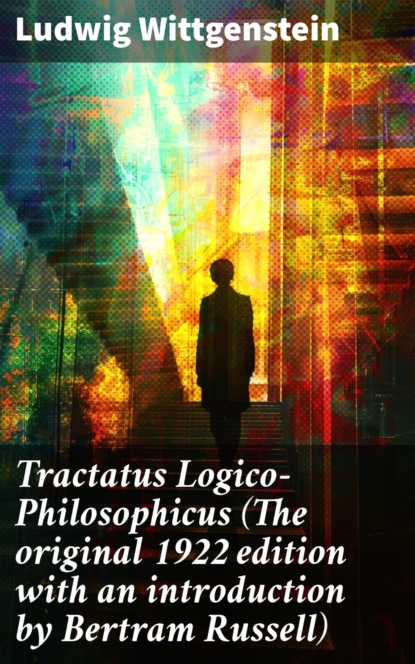Sayfa sayısı 150 sayfa
0+
Tractatus Logico-Philosophicus (The original 1922 edition with an introduction by Bertram Russell)
Kitap hakkında
In the seminal work «Tractatus Logico-Philosophicus,» Ludwig Wittgenstein offers a profound exploration of the relationship between language, reality, and thought, articulating a framework that seeks to dissolve traditional philosophical problems through logical analysis. Written in a distinctive, aphoristic style, the text presents a series of propositions that build upon one another, ultimately asserting that the limits of language are the limits of our world. Positioned at the intersection of logical positivism and early analytic philosophy, this work has significantly influenced 20th-century philosophy and linguistics, challenging readers to reconsider the foundations of meaning and existence. Ludwig Wittgenstein, an Austrian philosopher, experienced the disorientation of World War I and personal existential crises that deeply informed his philosophical inquiries. His background, marked by a rigorous education in engineering and philosophy, coupled with a complex relationship with influential figures like Bertrand Russell, impelled Wittgenstein to investigate how language functions as a boundary between thought and the world. His reflections were further shaped by his desire to clarify the nature of reality and the role of human cognition within it. «Tractatus Logico-Philosophicus» is essential for anyone seeking to engage with the intricate interplay of language and logic. It invites readers into a transformative discourse, urging them to rethink the very essence of philosophical inquiry. Both a monumental intellectual achievement and a challenge to conventional thinking, this work is a must-read for students, scholars, and lovers of philosophy.
